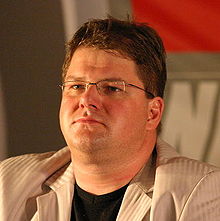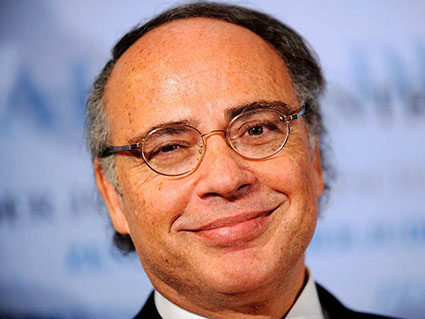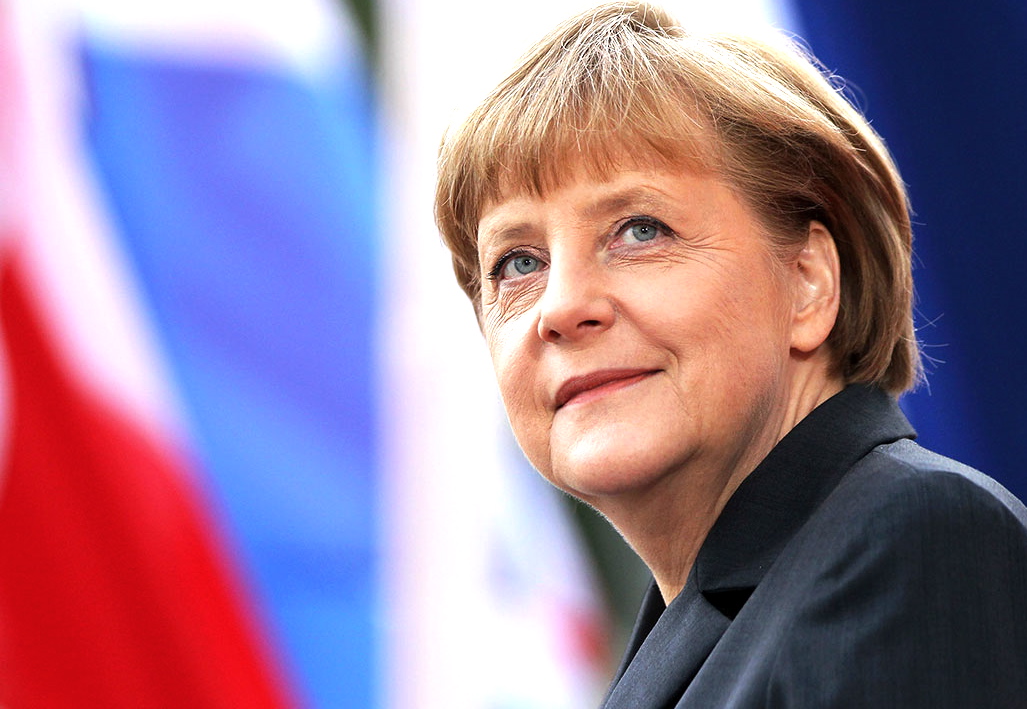The far-right National Democratic Party, known in German as the NPD, is an ugly, festering sore on Germany’s body politic.
The NPD is shamelessly xenophobic, jingoistic, racist and, worst of all, antisemitic. Given Germany’s central role in the Holocaust, it beggars the imagination that there are still German politicians, even on the fringes of society, who espouse such noxious views. But the NPD has no such qualms and behaves as if Germany never committed crimes against humanity.
Several days ago, the country’s 16 regional governments filed a motion with the Federal Constitutional Court to ban the NPD on the grounds that its ideology is similar to that of Adolf Hitler’s Nazi party, and that it seeks the overthrow of the established democratic order through violence.
The court is expected to render a decision within one or two years, but it may not be a favorable one. A previous attempt a decade ago to ban the NPD failed because some of the incriminating evidence was considered legally tainted. The current motion has a better chance of success because it does not rely on informant testimony, observers believe.
Nonetheless, neither Chancellor Angela Merkel’s government nor the lower house of parliament bothered to submit a brief in support of the most recent motion, probably due to doubts that a ban can pass muster.
The court has already made it abundantly clear that it will not consider a ban unless it can be proved that the NPD is working to destroy Germany’s political order by means of violence. According to reports, the NPD has or has had ties with violent underground groups like Sturm 34 and Thuringer Heimatschutz, both of which abhor postwar German democracy and dream of replacing it with a Nazi-style system. But it may be difficult to prove that the NPD is a genuine threat and thus should be banned.
Although the NPD may be the most significant neo-Nazi party in Germany since the end of World War II, it is essentially a Mickey Mouse operation. Its national membership of 5,400 is pathetic. Its representatives sit in only two of 16 state parliaments, Saxony and Mecklenburg-Western Pomerania. And in the last federal election three months ago, the roster of NPD candidates garnered just 1.3 percent of the vote.
So for all intents and purposes, the NPD is hardly a clear and present danger to Germany. But in a nation as historically scarred as Germany, the NPD is nothing less than a national disgrace, a blot on the image of a country that has honestly tried to make amends for the Holocaust.

Consider the facts:
The NPD’s current leader, Holger Apfel, has reportedly said that the Holocaust memorial in the center of Berlin should be razed.
Apfel’s predecessor, Udo Voigt, was given a seven-month suspended sentence after being charged with distributing a racially-charged pamphlet insinuating that a black player should not be a member of Germany’s 2006 World Cup soccer team.
It should also be noted that one of Voigt’s associates, David Duke, is an American white supremacist and Holocaust denier. If a person can be judged by the company he keeps, Voigt should bow his head in shame.
In 2010, Udo Pastors, an NPD leader, received a 10-month suspended sentence for a crude speech in which he described Germany as a “Jew Republic,” labelled Turkish male immigrants as “sperm cannons,” and derisively called Alan Greenspan, the former director of the U.S. Federal Reserve, a “crooked nose.”
After Barack Obama was elected president of the United States, the NPD published an inflammatory brochure claiming that he owed his victory to “the alliance of Jews and Negroes.”
In 2005, when Saxony’s state assembly marked the 60th anniversary of the liberation of Auschwitz, members of the NPD caucus walked out in a huff, protesting that the 60th anniversary of the Allied fire bombing of Dresden had been ignored.

Proponents of a ban, such as Dieter Graumann, the president of the Central Council of Jews in Germany, argue that it would deprive the NPD of public funding, legitimacy and a parliamentary platform. There is something to be said for that line of argumentation. Since 2003, the NPD has received more than $30 million in state funds, and that is simply intolerable.
Opponents of a ban call for a different approach, saying that right-wing extremism should be fought by government-sponsored educational campaigns. Still others, such as the Amadeu Antonio Foundation, an organization dedicated to combating neo-Nazism, claims that a ban would lead to complacency by sparing Germans of the need to be vigilant.
It’s a difficult issue, to say the least, and it will be left to Germany to resolve it. But in the meantime, humane and democratic Germans should remember that they have a historic responsibility to keep neo-fascism, racism and antisemitism at bay.

